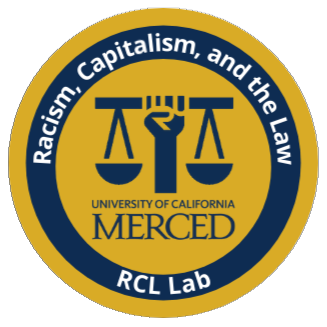Abstract
Structural racism — in the form of heavy policing, residential segregation, and limited social services and labor opportunities — combined with changes in immigration laws in 1996 and the rise of immigration policing in the early twenty-first century has shaped the incorporation patterns of Black and Latino male immigrants. This article puts policing and incarceration at the center of the analysis by asking how mass incarceration and structural racism have affected the incorporation trajectories of Black male immigrants. Drawing from 29 interviews with deportees in the Dominican Republic and Jamaica, I argue that gendered structural racism has a greater impact than individual attitudes on the trajectories of black male immigrants. Just as gendered racial removal affects Latino communities through mass deportation, gendered structural racism affects black and Latino immigrant communities through local and immigration law enforcement cooperation.

